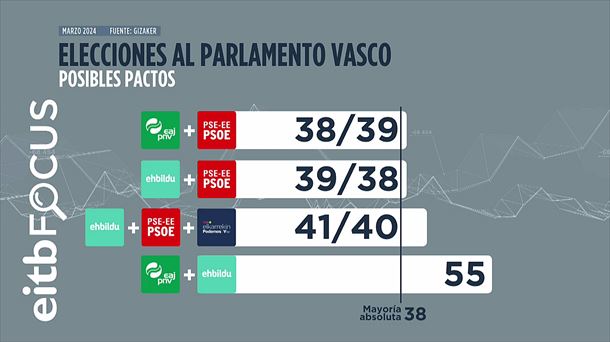The PNV introduced a bill to have the king investigated and tried for his private acts, such as his private affairs. However, the PSOE and the PP have killed the initiative and therefore the Spanish monarchy will remain untouchable.
The PSOE and the PP united their voices at the congress table this Tuesday to approve the processing of the account offered a week ago by the PNV to limit the scope of the king’s immunity which is contained in the Constitution.
The two major parties have taken a stand against qualifying the initiative on the basis of the criteria established by the congress legal services who claim that the PNV proposal violates the provisions of the Magna Carta and cannot be affected by any law, even organically, but that it must in any case be done through constitutional reform.
As parliamentary sources have told Europa Press, as is customary when discussing the qualification of initiatives related to the Crown, only United We Can representatives were in favor of the qualification. On this occasion, Vox, who usually shares the criteria of the PSOE and the PP in these cases, was not present at the conference table meeting.
The PNV initiative, presented by the parliamentary spokesman, Aitor Esteban, consists in adding a second point to Article 55 bis of the Organic Law of the Judiciary (LOPJ) to allow the Supreme Court to examine the actions of the king that do not have the approval of the courts and those that do not related to the leadership of the state headquarters. In other words, immunity would be maintained for his own functions as a constitutional monarch and for the organization of the Royal House, but private acts would remain outside the protection like your private business.
The aim of the bill is to put an end to the all-encompassing interpretation that has held back judicial and parliamentary investigations into Juan Carlos I’s private activities.
According to Aitor Esteban, it would have been better if a Crown Act developed the constitutional provision of inviolability to exclude private acts, but since that rule never materialized and is not on the agenda, the PNV chose the path of reform of the Judiciary Act. .
But the PNV’s proposal has clashed with Congressional legal services, as has already happened with a specific law by Compromís and Más País on the inviolability of the Crown. Although the lawyers’ advice is not binding, socialists and ‘popular’ have taken it for good to stop the bill.
(function(d, s, id) {
var js, fjs = d.getElementsByTagName(s)[0];
if (d.getElementById(id)) return;
js = d.createElement(s); js.id = id;
js.src = “//connect.facebook.net/es_ES/sdk.js#xfbml=1&version=v2.8”;
fjs.parentNode.insertBefore(js, fjs);
}(document, ‘script’, ‘facebook-jssdk’));
Source: EITB
I’m Wayne Wickman, a professional journalist and author for Today Times Live. My specialty is covering global news and current events, offering readers a unique perspective on the world’s most pressing issues. I’m passionate about storytelling and helping people stay informed on the goings-on of our planet.


